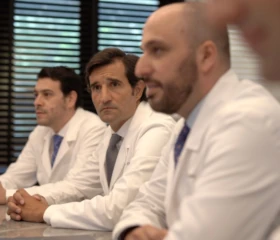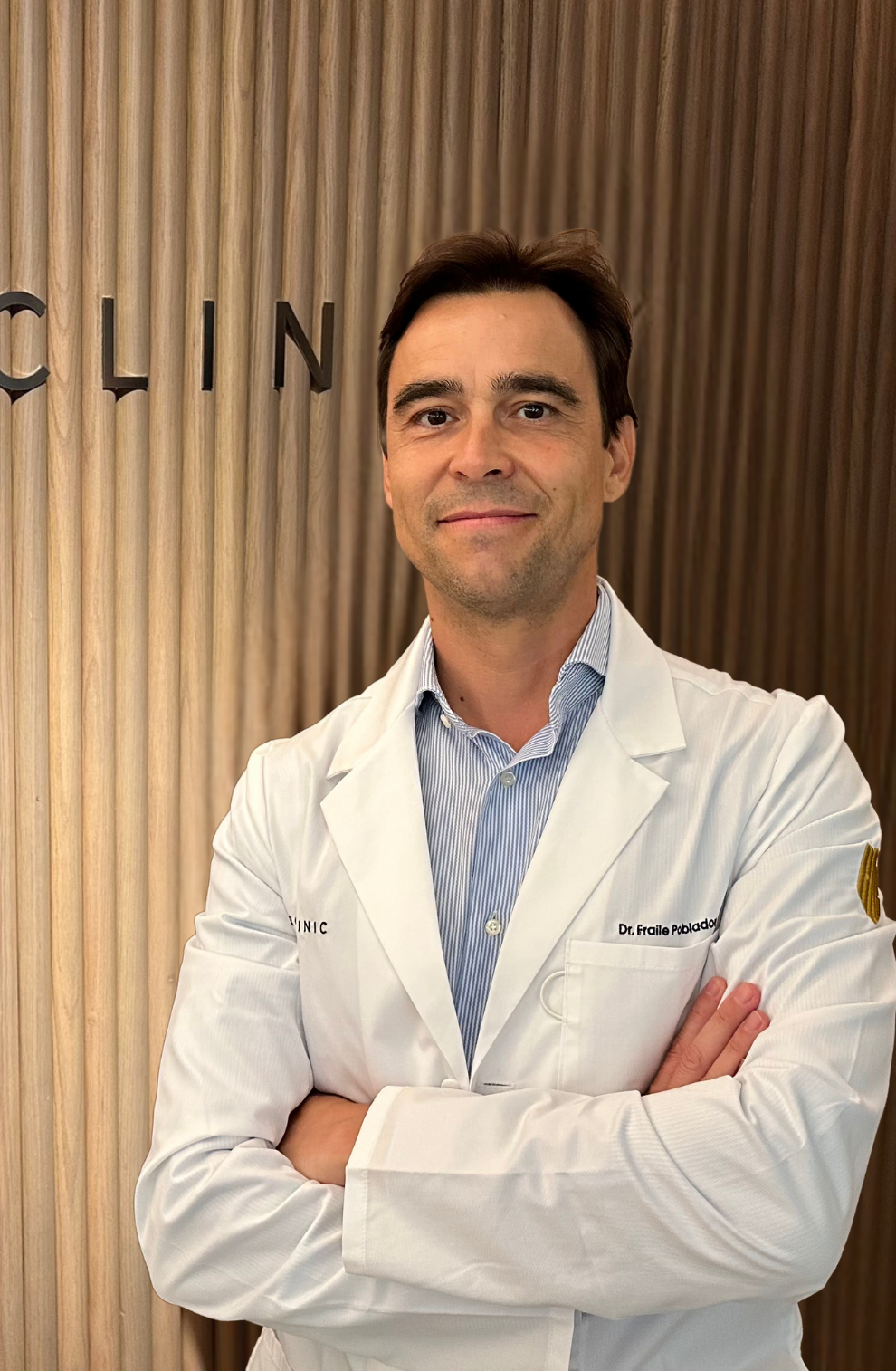Treatment Urinary Fistula
The treatment of urinary fistula is complex and will usually require surgical reconstruction.
Make sure that the surgeons involved are certified to do so, use the latest technologies and achieve the best quality of life for the patient.
- Super-specialized urologists
- Personalized treatment
- Minimally invasive approach
- More than 16,000 patients successfully treated
Treatments for urinary fistulas
They ask us in the Consultation
I have been diagnosed with a urinary fistula, which specialist should treat me?
First of all, an evaluation by a urologist specializing in reconstructive urology should be performed. He or she will adequately evaluate the patient's condition in order to propose an individualized treatment.
I expel gases through the urinary tract, is it serious?
The expulsion of gases through the urine may indicate the existence of a fistula of the urinary tract and the digestive tract. This is a communication between the two. In itself it is not serious. It may be associated with an increase in urinary tract infections. A proper study of the origin of the fistula is necessary, which may be related to urological processes such as previous surgeries or digestive processes such as infections or diverticulitis.
What happens if I have a urinary fistula and do not have surgery?
In case of urinary fistula, either with the vagina or the gastrointestinal tract, involuntary urine leakage or gas emission through the urethra may occur. If not operated, these symptoms do not disappear. Occasionally, fistulas may close spontaneously by placing a bladder catheter, but surgical intervention is usually required.
How long does it take for a urinary fistula to heal?
If the fistulas are not operated, the probability of spontaneous healing is low, although sometimes they can close with the placement of a bladder catheter. However, the time required is not short, requiring several weeks.
Team of the Urinary Fistula Unit
Newsof ROC Clinic in Urinary Fistula
Research
Current management of stage T1 renal cell carcinoma in Spain: Results of a multicenter national registry.


 +34 912 627 104
+34 912 627 104 Contact
Contact








